Mental Health Care India
Depression is the single largest contributor to global disability. A major contributor to suicides & second leading cause of death among 15-29 year olds globally.
- Women are more prone to depression than men. Rate of depression peaks among older adults
- Depression occurs in children and adolescents below the age of 15 years too
- WHO says depression can be long lasting and recurrent with characteristics like sadness, interest loss, feelings of guilt and low self-worth.
- Depression among younger generation is because of competition in education, career prospects, parental pressures, and interpersonal relationships.
- Less than half of those affected by depression in the world receive treatments due to the lack of resources and trained healthcare providers apart from prevalent social stigma.
- People are often not correctly diagnosed, and others who do not have the disorder, are often misdiagnosed and prescribed antidepressants
Steps taken by Governments
- National Mental Health Policy 2014
- Universal access to mental healthcare institutions
- Strengthen leadership in the mental health care
- Gives out role for central and state governments, local bodies and civil societies
- Government has recently come out with Mental Health care Act 2017
Mental Health care Act 2017
- Every person shall have a right to access mental health care treatment, run or funded by appropriate government at an affordable price; free for homeless and BPL.
- Advance Directives by the person regarding his treatment & who shall be her nominated representative
- Specifies the procedures to be followed for admission, treatment and discharge of mentally-ill individuals
- A person with mental illness shall not be subjected to electro-convulsive therapy without the use of muscle relaxants and anesthesia
- Central and State Mental Health Authority –
- register, supervise and maintain a register of all mental health establishments
- develop quality and service provision norms for such establishments
- train law enforcement officials and mental health professionals on the provisions of the act
- receive complaints about deficiencies in provision of services
- Suicide is decriminalized – Person attempting suicide will be treated as mentally ill
- Mental Health Review Commission – periodically review the procedure for making advance directives
Significance of the Act
- Rights-based approach for the health of mentally ill patients
- It is a step forward in making heath as a fundamental right
- Will help in creating awareness that will help in early detection of patients & decrease in chances of suicide
- Decriminalisation of suicide implies that the government has accepted that the people trying to commit suicide need help and not punishment
Challenges
- Amount spent on mental healthcare is just 0.06% of health budget – very low to provide infra as per act
- Just 3 psychiatrists per million + lack of counselling centres
- Advance directives clause will be an issue as in many cases patients will not be able to take rational decisions
- Act does not focus on health & condition of existing patients in different mental institutions across countries
- Act could make psychiatrist uncomfortable, as it is bringing in too much control
- Concerns with Mental health care decisions in the hands of non-experts
- Public Health being a state subject will put immense financial pressure on states for implementations
- Centre bringing such a law on state subject will impact the cooperative federalism model
There is a dearth of funds and functionaries in the country. Budgetary allocations and private funding to fill this gap need to be done.
Care has to be taken that the Act does not create impediments in psychiatric treatment in the country. States need to be consulted before finalizing it as act.
For more updates, explore the Social Issues. Feel free to share your thoughts and comments.
If you’re passionate about building a successful blogging website, check out this helpful guide at Coding Tag – How to Start a Successful Blog. It offers practical steps and expert tips to kickstart your blogging journey!
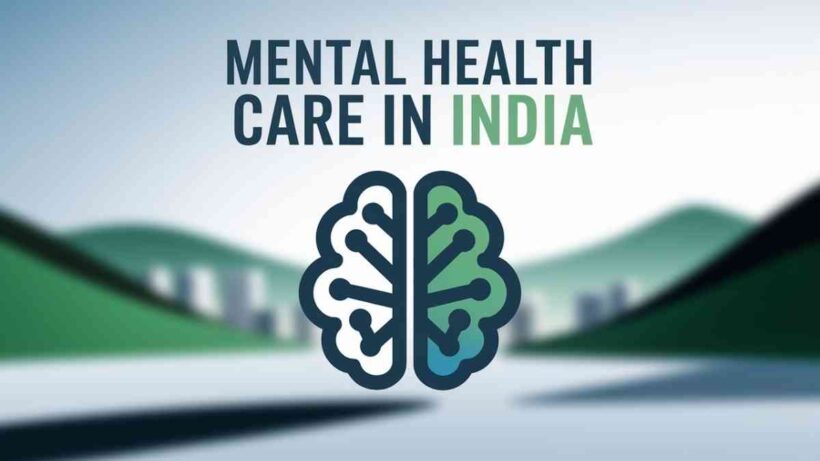
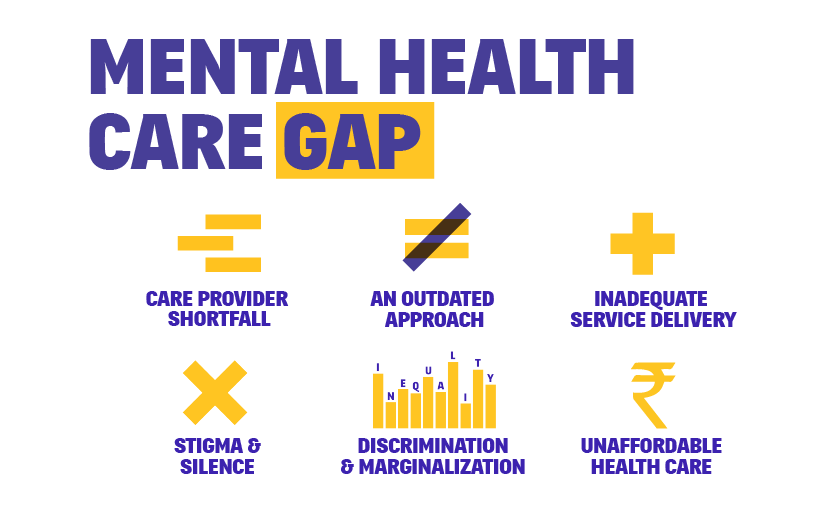

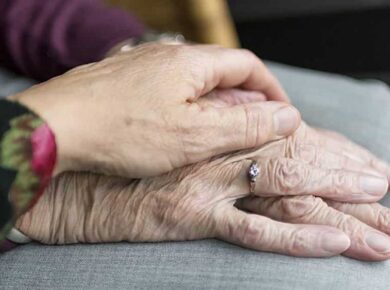

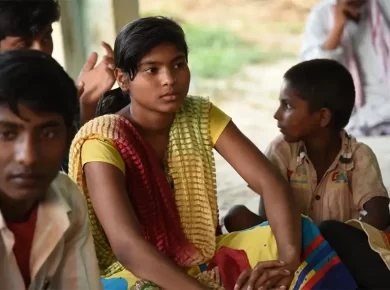

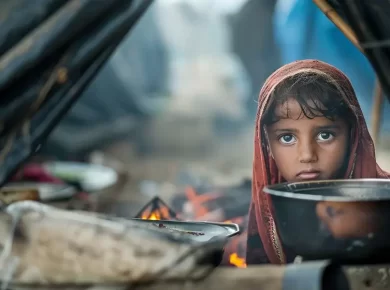
1 comment
very good effort